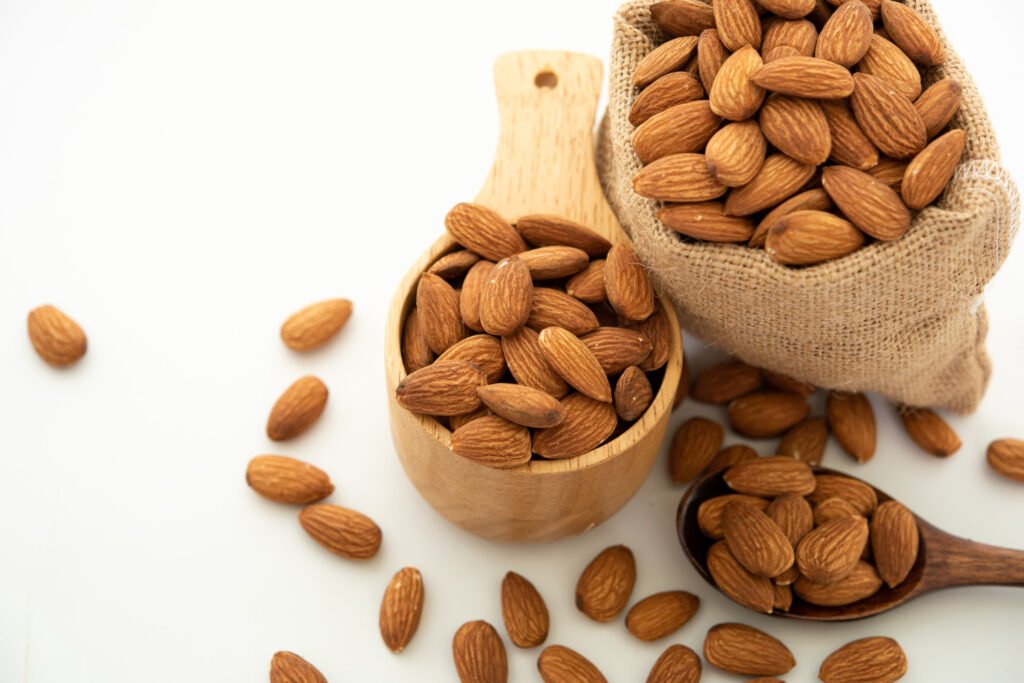
In this article
overview
Hemorrhoids are a common condition that can cause discomfort, itching, pain, and even bleeding. While they can develop for various reasons, diet plays a significant role in both the prevention and management of hemorrhoids. Knowing which foods to eat and which to avoid can make a substantial difference in how you manage this condition. In this blog post, we’ll explore the best and worst foods for hemorrhoids and how they impact your overall digestive health.
Understanding Hemorrhoids and Their Causes
Hemorrhoids are swollen veins in the lower rectum or anus, similar to varicose veins. They can develop due to increased pressure in the area, often from straining during bowel movements, prolonged sitting, or pregnancy. A low-fiber diet, dehydration, and lack of physical activity can also contribute to the development of hemorrhoids. Eating the right foods can help manage symptoms and prevent further complications.
Best Foods for Hemorrhoids
1. High-Fiber Foods
Fiber is essential for maintaining regular bowel movements and preventing constipation, a common trigger for hemorrhoids. High-fiber foods soften stools, making them easier to pass, reducing the strain on the rectum and preventing the worsening of hemorrhoids.
- Fruits and Vegetables: Fruits like berries, apples, pears, and vegetables like broccoli, carrots, and leafy greens are excellent sources of fiber. They also contain essential vitamins and antioxidants that promote healing.
- Whole Grains: Brown rice, oats, quinoa, and whole wheat bread are rich in fiber and help regulate bowel movements, reducing the risk of constipation.
- Legumes: Beans, lentils, and chickpeas are high in both soluble and insoluble fiber, which adds bulk to the stool and keeps the digestive system functioning smoothly.
2. Hydrating Foods
Staying hydrated is crucial for preventing constipation and reducing the risk of hemorrhoids. Hydrating foods contain water, which helps soften stool and makes bowel movements easier.
- Cucumbers and Watermelon: These foods have high water content, keeping you hydrated and promoting regularity.
- Oranges and Grapefruits: Citrus fruits are not only hydrating but also contain fiber, which aids in digestion and prevents hemorrhoids from becoming worse.
3. Fermented Foods
Fermented foods contain probiotics, which promote healthy gut bacteria. A balanced gut microbiome is essential for smooth digestion and regular bowel movements, helping prevent hemorrhoids.
- Yogurt and Kefir: These probiotic-rich foods improve gut health and prevent constipation.
- Sauerkraut and Kimchi: Fermented vegetables like sauerkraut and kimchi can improve digestion and help keep your bowel movements regular.
4. Healthy Fats
Healthy fats lubricate the digestive tract, making bowel movements smoother and less painful for those with hemorrhoids.
- Avocados: Rich in fiber and healthy fats, avocados can help reduce the pain associated with hemorrhoids by easing bowel movements.
- Nuts and Seeds: Almonds, flaxseeds, and chia seeds contain healthy fats and fiber, which support digestive health
Worst Foods for Hemorrhoids
1. Low-Fiber Processed Foods
Processed foods often lack fiber and essential nutrients, leading to constipation and exacerbating hemorrhoid symptoms.
- White Bread and Pastries: Refined grains lack fiber and can contribute to constipation, increasing pressure on hemorrhoids.
- Fast Food: Fried and greasy foods can slow down digestion and make bowel movements more difficult, leading to straining and worsening hemorrhoid symptoms
2. Spicy Foods
Spicy foods can irritate the digestive tract and worsen the symptoms of hemorrhoids, particularly itching and burning.
- Chili Peppers and Hot Sauces: While some enjoy the heat, spicy foods can lead to discomfort for those with hemorrhoids by causing irritation during bowel movements.
3. Alcohol and Caffeine
Both alcohol and caffeine can lead to dehydration, which in turn causes constipation and worsens hemorrhoid symptoms.
- Coffee and Energy Drinks: While moderate consumption might not be harmful, excessive intake can dehydrate the body, leading to harder stools and increased strain on hemorrhoids.
- Beer and Wine: Alcohol can also dehydrate the body, making stools harder to pass and worsening hemorrhoid discomfort.
4. Salty Foods
Excess salt in your diet can lead to water retention and bloating, which can put extra pressure on the veins, worsening hemorrhoids.
- Chips and Cured Meats: These foods are high in sodium, which can contribute to bloating and worsen hemorrhoid symptoms.
Practical Tips for Managing Hemorrhoids Through Diet
Managing hemorrhoids goes beyond simply knowing which foods to eat and avoid. Here are some practical tips to help you incorporate these dietary changes into your daily routine:
- Increase Fiber Gradually: If you’re not used to eating a lot of fiber, introduce it gradually to prevent bloating and gas.
- Stay Hydrated: Drink plenty of water throughout the day to help fiber do its job in softening your stools.
- Avoid Straining: Don’t rush your bowel movements, and avoid straining, as this can worsen hemorrhoid symptoms.
- Incorporate Regular Exercise: Physical activity helps stimulate bowel movements and reduces the likelihood of constipation.
- Monitor Your Symptoms: Keep track of what foods trigger or alleviate your symptoms and adjust your diet accordingly.
The Takeaway
Diet plays a critical role in the prevention and management of hemorrhoids. Incorporating high-fiber foods, staying hydrated, and avoiding processed, spicy, and dehydrating foods can significantly alleviate symptoms and prevent flare-ups. By making these dietary adjustments and maintaining a healthy lifestyle, you can reduce the discomfort of hemorrhoids and improve your overall digestive health
A Quick Review
This article offers a detailed guide on the best and worst foods for managing hemorrhoids. High-fiber foods such as fruits, vegetables, and whole grains are recommended to ease bowel movements and prevent constipation, a common cause of hemorrhoids. Hydrating and fermented foods also play a role in promoting digestion. The article advises against processed, spicy, and salty foods, as well as alcohol and caffeine, which can aggravate symptoms. Overall, it’s a practical resource for those looking to manage hemorrhoids through diet.
Frequently Asked Questions
- Can high-fiber foods help prevent hemorrhoids?
Yes, high-fiber foods help soften stool, reduce straining during bowel movements, and prevent constipation, lowering the risk of hemorrhoids. - What are some of the best foods to eat if I have hemorrhoids?
Fruits, vegetables, whole grains, legumes, and hydrating foods like cucumbers and watermelon are recommended for managing hemorrhoids. - Should I avoid spicy foods if I have hemorrhoids?
Yes, spicy foods can irritate the digestive tract and worsen hemorrhoid symptoms, such as itching and burning. - Is it okay to drink coffee if I have hemorrhoids?
It’s best to limit coffee and other caffeinated drinks as they can dehydrate the body and contribute to constipation, which worsens hemorrhoid symptoms. - How does hydration help with hemorrhoids?
Staying hydrated softens the stool, making bowel movements easier and reducing strain on the rectum, which is beneficial for managing hemorrhoids. - Can fermented foods improve hemorrhoid symptoms?
Yes, fermented foods like yogurt and sauerkraut contain probiotics that support gut health and help prevent constipation, which can reduce the severity of hemorrhoids.











